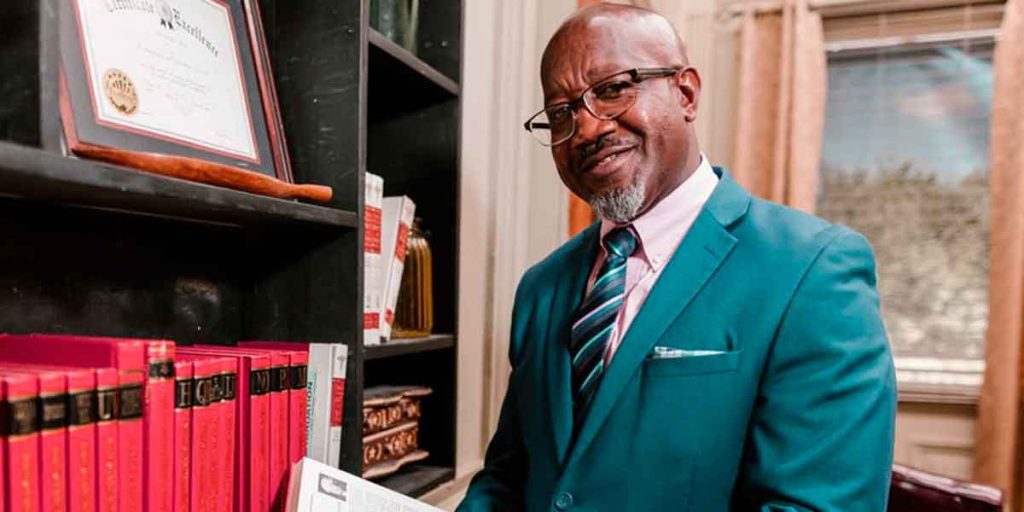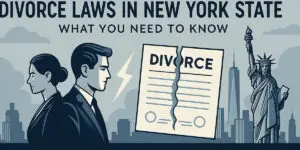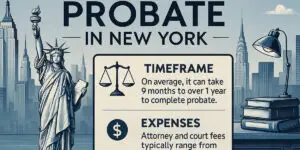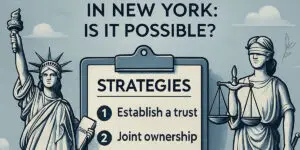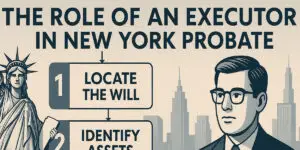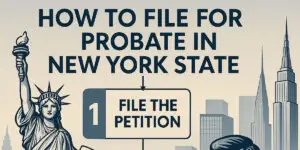There are many kinds of trusts that achieve different bequest arranging goals, from diminishing domain charge openness to staying away from probate organization.
A trust, as a rule, is a composed record that clarifies how you need any cash in the trust to be spent during your lifetime and how you need any cash in the trust appropriated after you pass on.
A living trust is, basically, your own checkbook – you can do with the resources whatever you wish. Albeit the trust is the legitimate proprietor, the I.R.S. regards you as the proprietor since you truly have not left behind control, you can remove the resources from the trust for your own utilization whenever and under any circumstance. You experience no deficiency of control or of pay.
Likewise, in light of the fact that the I.R.S. regards you as the proprietor of any cash in the trust, any pay procured will be accounted for on your own 1040 Income Tax Return. No different personal government form is important inasmuch as you are the legal administrator or co-legal administrator.
Then again, since a living trust is revocable and you hold command over the resources, any resources in the living trust at your passing are includable in your net home for bequest charge purposes. This is a significant point – – a living trust doesn’t of itself save any domain charges. Therefore, there is no base total assets or abundance that is important to consider making a living trust.
Any resources that you have moved to the trust during your lifetime will stay away from probate organization after you bite the dust. For the most part, when an individual passes on possessing any resources in his only name, the probate court will administer the appropriate circulation of those resources.
Probate organization includes recording different structures, covering resources and consumptions, going to hearings, giving notification to invested individuals, and permitting lenders a gathering to bring claims. Resources appropriately moved into a living trust won’t need probate organization and will in this way stay away from the desk work, hearings, and different advances. The legal administrator or replacement legal administrator will essentially convey the resources as per the conditions of the living trust.
Assuming no domain charge is expected, the Connecticut bequest expense form is recorded with the nearby probate court, and the court charges a charge in light of the aggregate sum covered by the return – including the worth of the living trust. Utilizing a living trust doesn’t stay away from probate expenses.
Assuming you have a Will and go through probate organization, your Will turns into a public report that anybody can peruse. The details of a living trust, in any case, are not public. You might have specific purposes behind wanting protection – from passing on inconsistent circulations to kids or making gifts to specific foundations. In our training, we have observed that this protection component is only occasionally the inspiring variable for utilizing a living trust.
Assuming it is purposeful, the individual probably has a “pour-over” Will, a domain arranging archive that serves to consequently move any resources that the individual holds in their name to the trust at the hour of their demise.
In any case, any resources you might possess in your own name at the hour of your demise will be likely to be probate at your passing, despite the fact that they will, at last, be added to the resources held in the living trust.
Certain individuals decide not to support the living trust at first since they need to delay until they can’t deal with their undertakings and will subsidize it (or have somebody holding their legal authority store it) by then.
A deferral to subsidize a trust could likewise be the longing to stay away from one-time managerial advances (managing different monetary organizations, carrying out new things, and so forth) that must be taken to finance it. This is justifiable, yet entirely NOT shrewd!
FAQ
- If my spouse dies, do I get his social security and mine?
Yes, according to the surviving spouse law, you’re able to collect all funds from his or her social security onto yours.
2. What is a pour-over will?
A pour-over Will is a Will written document stating the actions needed to be done through the trustee which will be transferred to him or her. The truster is someone who’s responsible for many assets to be taken care of or sent to assigned beneficiaries.
3. Who qualifies for Medicaid in NY?
Women who are pregnant or those with children over the age of 18, seniors, and those with disabilities. Disabilities such as blindness, deafness, etc, or physical injury are also eligible for Medicaid.
4. What is elder law?
Elder law handles long-term care including future medical care, special needs care for those who are handicapped or mentally disabled, and estate planning for ages over 50. This type of law also handles cases of elder abuse as long as there’s evidence of these sorts of cases. Elder abuse can come from members of the family and the elder can approach a lawyer to report this sort of behavior to prevent manipulation of your estate plan.
5. Does transfer on death avoid probate?
The transfer of death only makes the probate process much more difficult by having you provide additional details and the reason for the transfer. This makes the process longer and if it’s longer, it’ll be more expensive. The only way to avoid probate is through a trust because everything would be set up or planned ahead, especially the transfer of death.
6. Are living trusts revocable or irrevocable?
A living trust can be both but with an irrevocable trust, you cannot change anything that’s been documented unless you discuss the changes with all beneficiaries and the court.
7. If my spouse dies do I get his social security and mine?
Because of the laws of Estate Planning, there’s something labeled, the surviving spouse clause where if one spouse dies, the surviving spouse gets his or her assets. The only assets not provided would be government funds that the spouse still owes or would actually lose the entire thing because of labeled ownership unless there’s a Will stating rights to owning these finances.
8. Why do I need an elder law attorney?
The only reason you should have an elder law attorney is to have a lawyer to care of cases that are related to future needs leading to promising medical care that can protect yourself and your assets including your estate. An elder law attorney can also protect you from elder abuse that you can report to your lawyer and court.
9. What happens if you die intestate?
Who’s ever married to you or related to you by blood gets your inheritance through the surviving spouse gets it all unless the Will or trust says differently.
10. How long can you receive unemployment in NY?
In the state of NY, you can collect unemployment for 26 weeks but with the pandemic happening, it can go as long as this is drawing out.



